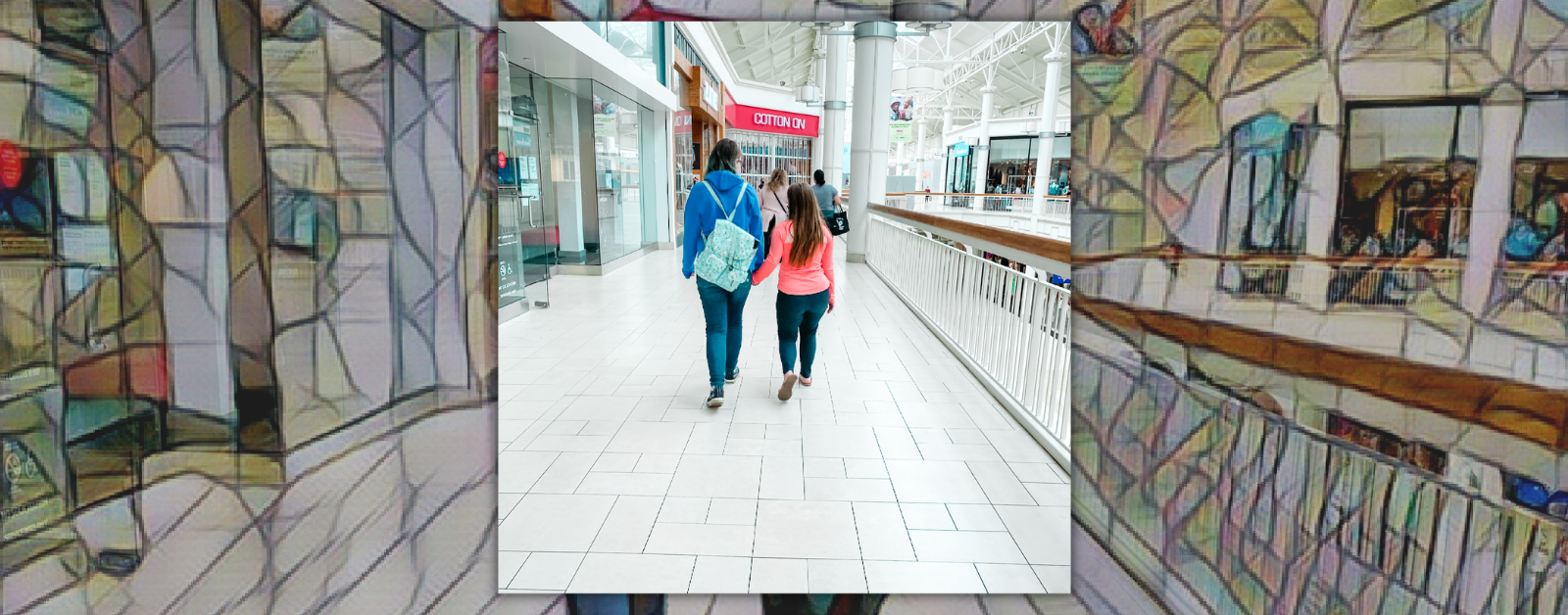I’ve had to learn not to sacrifice our daughter on the altar of my ideology. When Penny was a toddler, I read an article about a teenager with Down syndrome whose mom had advocated for inclusion for him for years. She insisted that he take all the typical classes alongside his typical peers. According to the article, once he got to high school, he finally begged her to let him withdraw from at least some of those classes and learn alongside his peers with intellectual disabilities. He said, “I just want someone to eat lunch with, Mom.”
Of course, in an ideal world, inclusion doesn’t only mean taking classes together but also socializing and going to dances and playing on teams and participating in clubs and eating lunch together. As a parent, I empathize with the mother in that article. I want to e one of the people advocating for the ideal world for our daughter and for all the other kids too.
Inclusions vs the Real World
But we don’t live in an ideal world.
The problem is not with my ideals. The problem is not with Penny’s abilities. The problem is not with any individual teacher. The problem is the way the schools are set up and the way our society is conditioned to receive people with disabilities. So we have to make choices within the context of a problematic and broken system, which of course feels somewhat impossible.
For us, this means that Penny is in classes with her typical peers and also in classes only with other kids with disabilities. She experiences the comfort of spaces where it is not unusual to have Down syndrome and the challenges (both good and bad) of spaces where her disability can set her apart from her peers.
Choices Motived by Love
So we try to make choices motivated by love, for Penny and her classmates and her teachers, not fear of what might happen if we don’t get it right. We don’t blame or shame ourselves for the system we need to operate within. We critique and challenge that system, but we also give thanks for the many people within it who are doing the best they can to serve as many kids as possible.
We make choices motivated by love, not idealism. Love, not ideology. Love, not fear.
More with Amy Julia:
- Teaching Students About Inclusion and Belonging
- Becoming a Culture of Belonging
- S6 E3 | Down Syndrome and Belonging with Heather Avis
If you haven’t already, you can subscribe to receive regular updates and news. You can also follow me on Facebook, Instagram, Twitter, Pinterest, YouTube, and Goodreads, and you can subscribe to my Love Is Stronger Than Fear podcast on your favorite podcast platform.



